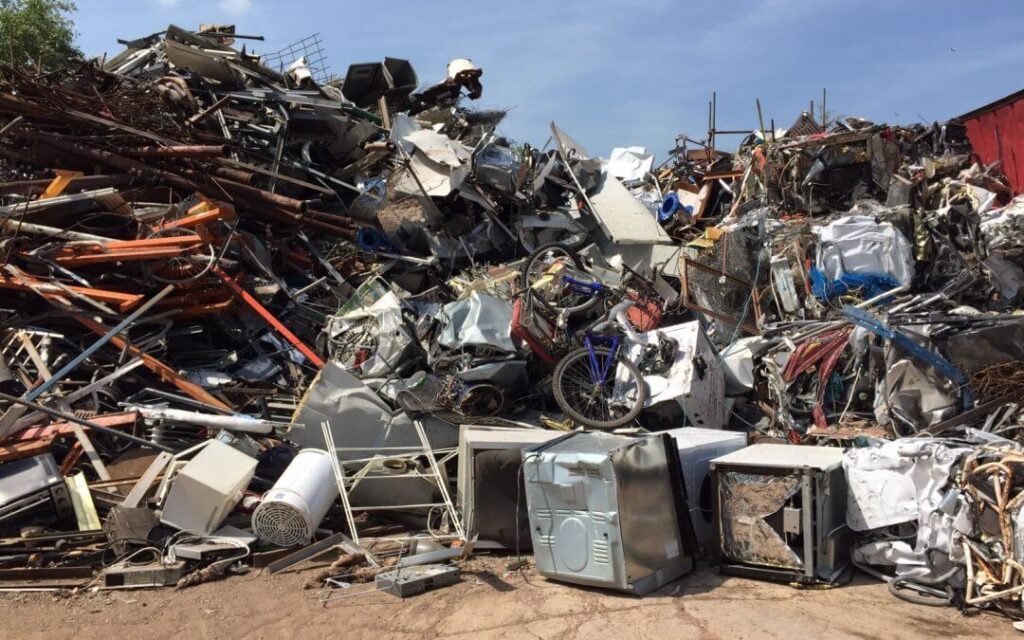PLASTIC FREE JULY 2024 – ACCEPT THE CHALLENGE – REGISTER NOW
PLASTIC FREE JULY 2024 – ACCEPT THE CHALLENGE – REGISTER NOW

Metal is an exhaustible resource. However, the metal can be recycled endlessly, without losing any of its qualities. Scrap metal is usually aluminum or steel. Through recycling, aluminum for example can be obtained with between 74% and 95% lower energy consumption compared to aluminum through ore processing. Steel can be obtained from empty cans. By recycling metal waste, ore extractions, energy used in extraction and production, but also greenhouse gas emissions, pollution resulting from these processes and the impact on the ozone layer are considerably reduced. Recycling 1 kg of aluminum saves around 8 kg of bauxite, 4 kg of chemicals and 14 kWh of electricity. Thus, we can contribute to the protection of the environment and the saving of natural resources.
Other goods can be produced from recycled metal, such as car bodies, bicycle frames, spare parts, radiators, etc.
What can be recycled: Metal cans from soft drinks, beer, cans, aluminum cans, cans, aluminum trays, tubes and spray containers for personal hygiene products (eg deodorants), metal caps and stoppers, foil aluminum, various containers for food or other products
How: it is recommended to empty the containers, release and clean of liquid or solid residues, as well as flatten them, if possible; they are collected separately, in specialized containers or together with other recyclables, for example plastic, if they are accepted by the operators who take them
It is not collected here: paint cans, thinners or other hazardous chemicals, used batteries, WEEE, even though they apparently contain metals.